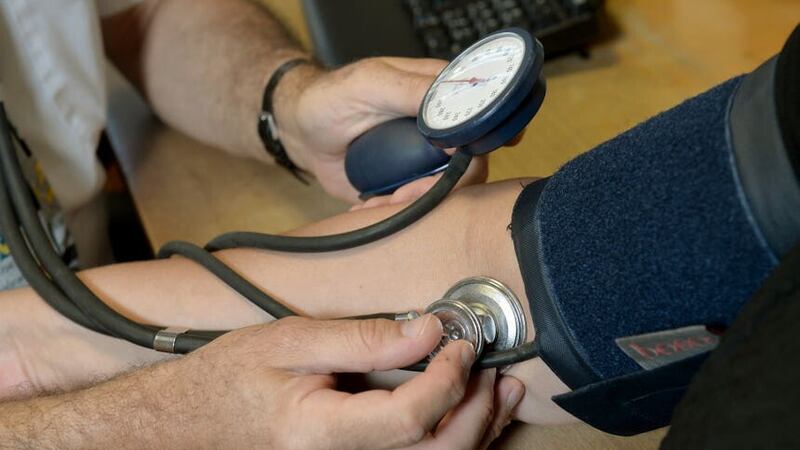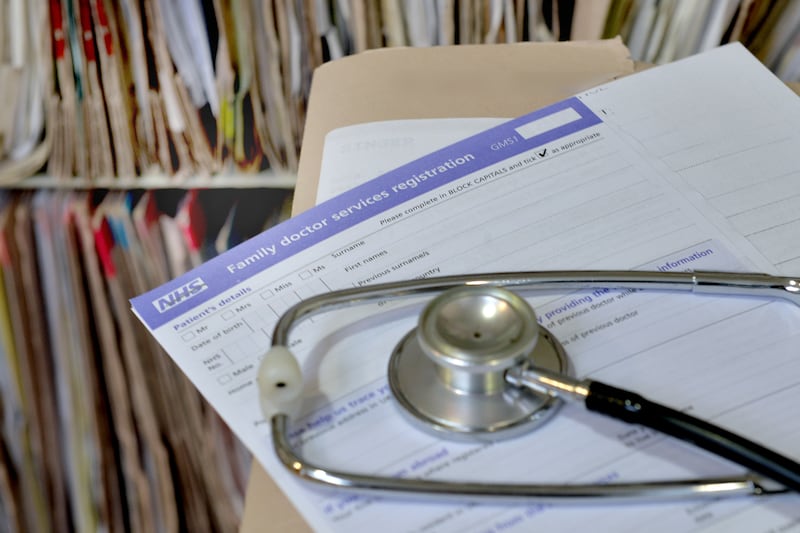More clarity should be provided on the role of people employed to help doctors diagnose and manage patients to avoid confusion and stop respect for clinicians being “eroded”, members of the British Medical Association (BMA) have said.
Physician associates work in GP surgeries and hospitals, carrying out tasks such as taking medical history from patients, performing examinations, diagnosing illnesses and analysing test results.
The post was first introduced in 2003 and training usually lasts for two years before staff are qualified.
However, Dr Latifa Patel, BMA representative body chair and workforce lead, has called for more to be done to ensure it is clear that physician associates “cannot replace a doctor”.
“Doctors have been persistently devalued for too long via years of real-terms pay cuts,” she said.
“Doctors appreciate the hard work of colleagues across the health service, but as we have consistently made clear a physician associate cannot replace a doctor.
“Doctors undergo intense and demanding training to qualify, and so that they are able to take on the significant and important responsibilities that only doctors can.”
A motion was passed at the BMA’s annual representative meeting in Liverpool on Wednesday that said the post of physician associate should be renamed physician assistant, and that those in the role should never be referred to as “doctor” in medical settings.
It also called for physician associates to hold their registration through the Health Professions Council rather than the General Medical Council, and said they must “take personal responsibility for their professional actions”.
Dr Patel said the vote “speaks of the great concern from our members that their professional integrity and respect for their expertise is being eroded”.
She added: “It’s vital that the roles, remits and responsibilities of physician associates are clearly explained.
“The Government and NHS England have so far provided little clarity and communication to the medical profession or to patients around the role and responsibilities of physician associates and there is a real risk of patients being confused about the level of skill and type of treatment they will be able to provide, and that some patients and other healthcare workers may confuse them with doctors.”








